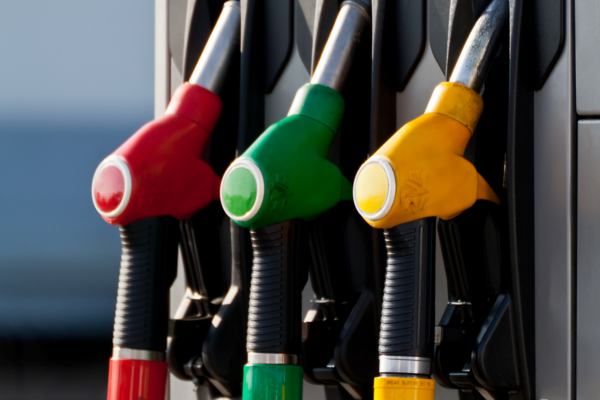
Prices at the pump almost tripled at service stations in Nigeria after the new President announced on Monday that he would end fuel subsidies, journalists observed on Wednesday in several towns across the country.
Bola Ahmed Tinubu, who had just been sworn in as president, had declared on Monday that he would end fuel subsidies, one of his campaign promises, creating panic among consumers who rushed to gas stations, creating huge queues in the country’s major cities.
The president’s communications team was quick to point out on Tuesday that the subsidies would expire at the end of June, as budgeted by the previous administration, describing the panic buying of fuel as “pointless”. At the same time, however, the national oil company (NNPC) told a press conference that, despite the budget, the state was no longer paying. And that the government owed it the equivalent of 5.7 billion euros in subsidies.
On Wednesday, the company announced that it had “adjusted its pump prices in its various sales outlets, in line with market realities”, effectively putting an end to subsidized fuel for Nigerians.
In the country’s major cities, prices at petrol stations had almost tripled, causing immense distress among Nigerians, nearly half of whom live below the poverty line, and who are already facing very high inflation.
“Last week, I bought fuel here at 197 naira (US$0.43) a liter, and now I’m paying 540 naira (US$1.17) for the same liter”, rants Mustapha Hassan, a 45-year-old civil servant outside a gas station in Kano, the most populous city in northern Nigeria. “We’re going to have to walk to work (…) and the price of goods is going to go through the roof, and it’s the people who are going to pay the price”, he says in frustration.
In Abuja, the political capital in the center of the country, prices are also rising. And Monday Egbe, a cab driver, is already seeing the consequences for his business: “There are no customers, they’re staying at home. I’ve already had to increase the fare from 1,500 to 3,500 naira”.
___
Source here
